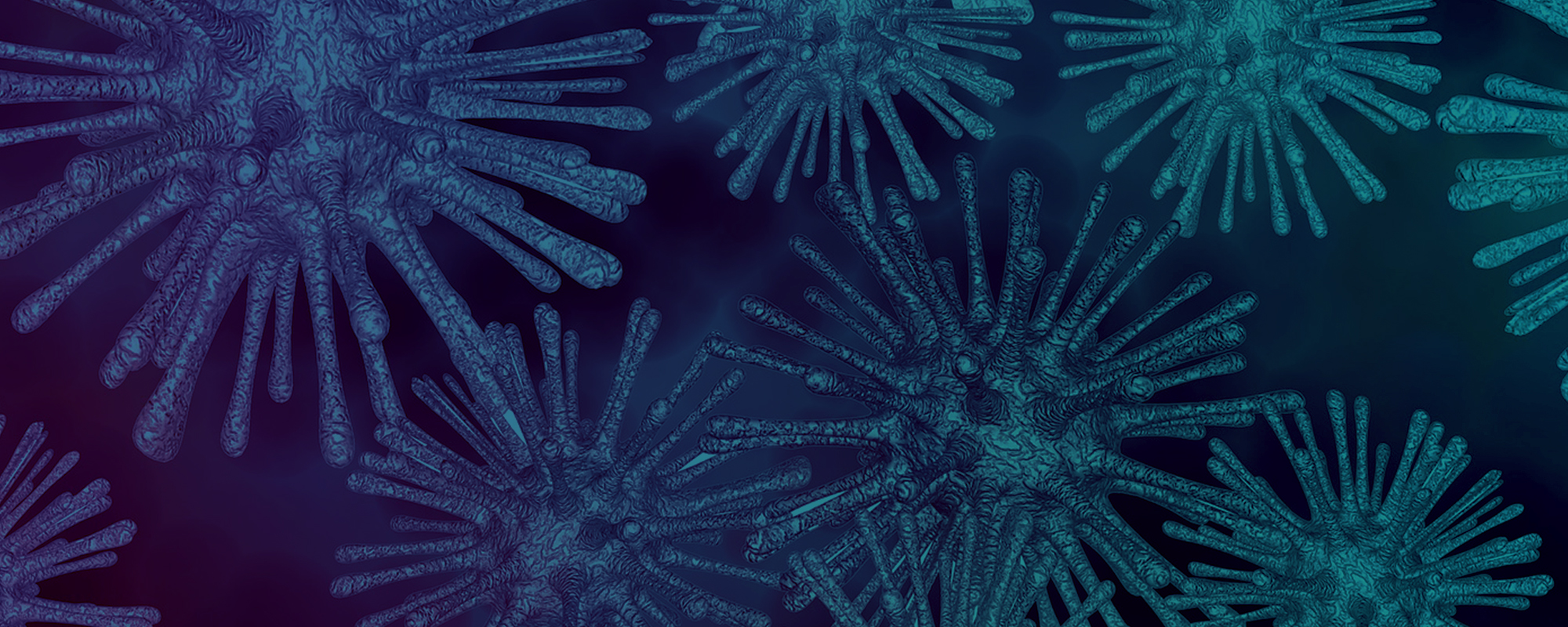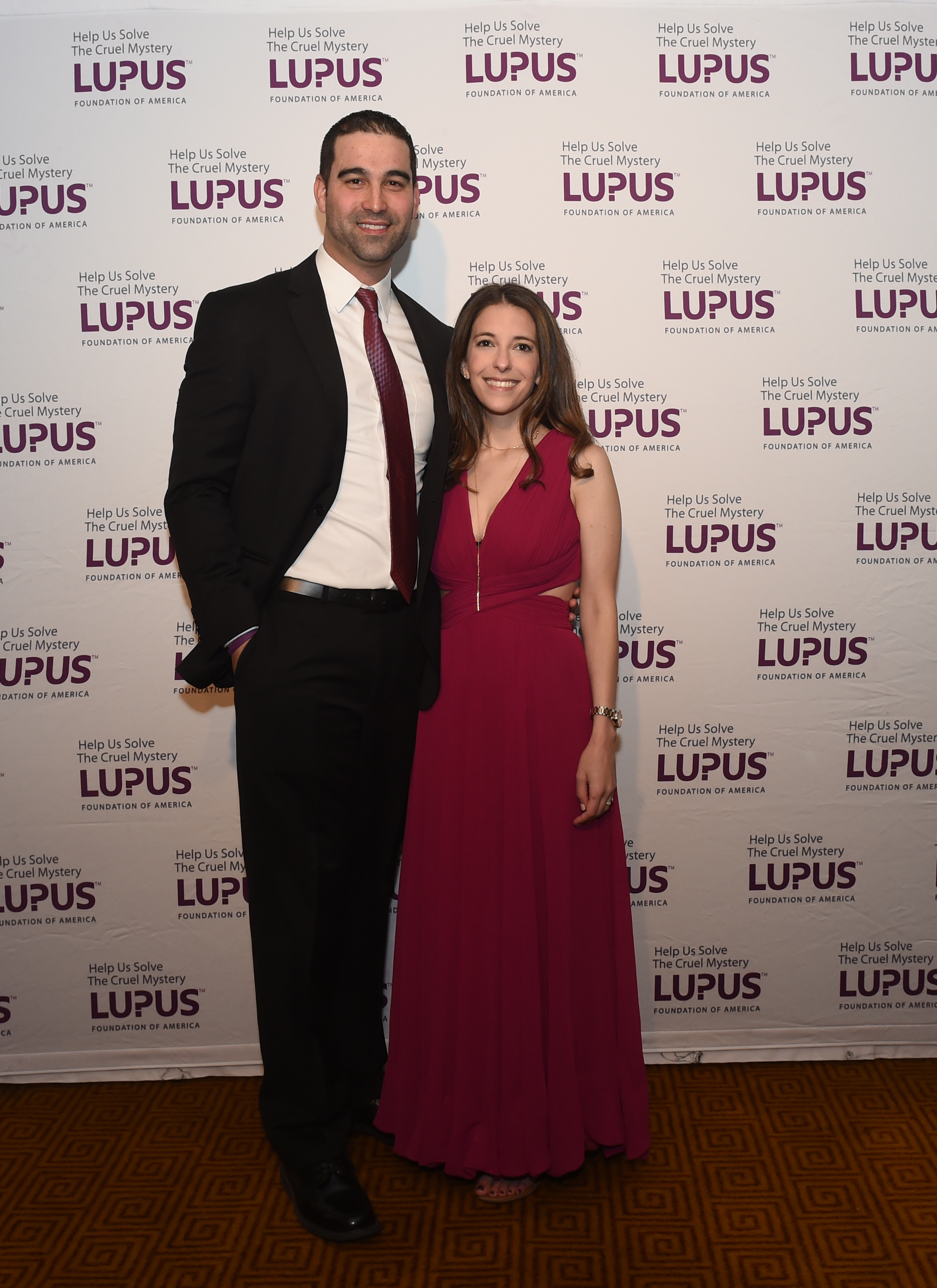As a high school student, I was constantly plagued with something. Mono, the flu – you name it, I had it. In college, the trend intensified, and realizing this wasn’t normal, I started seeking medical answers. Yet, in test after test, nothing came back positive.
Others with hard-to-diagnose chronic diseases likely went through a similar experience. Some doctors said it explicitly, others only implied it, but eventually I began to think it myself: Were these symptoms of feeling constantly terrible all in my head? Even though my illness put me in the hospital a few times, nobody could declare anything was medically wrong with me.
In 2011, some stray cats brought fleas into my apartment, leaving me with high levels of stress—a trigger for almost all auto-immune disease flare-ups. A week later, I went to the dermatologist with a bad rash, which resulted in some additional tests. A rheumatologist made a definitive diagnosis of lupus: I had 4 of the 11 markers needed to test positive for systemic lupus erythematosus (SLE), the most common and serious form of lupus.

